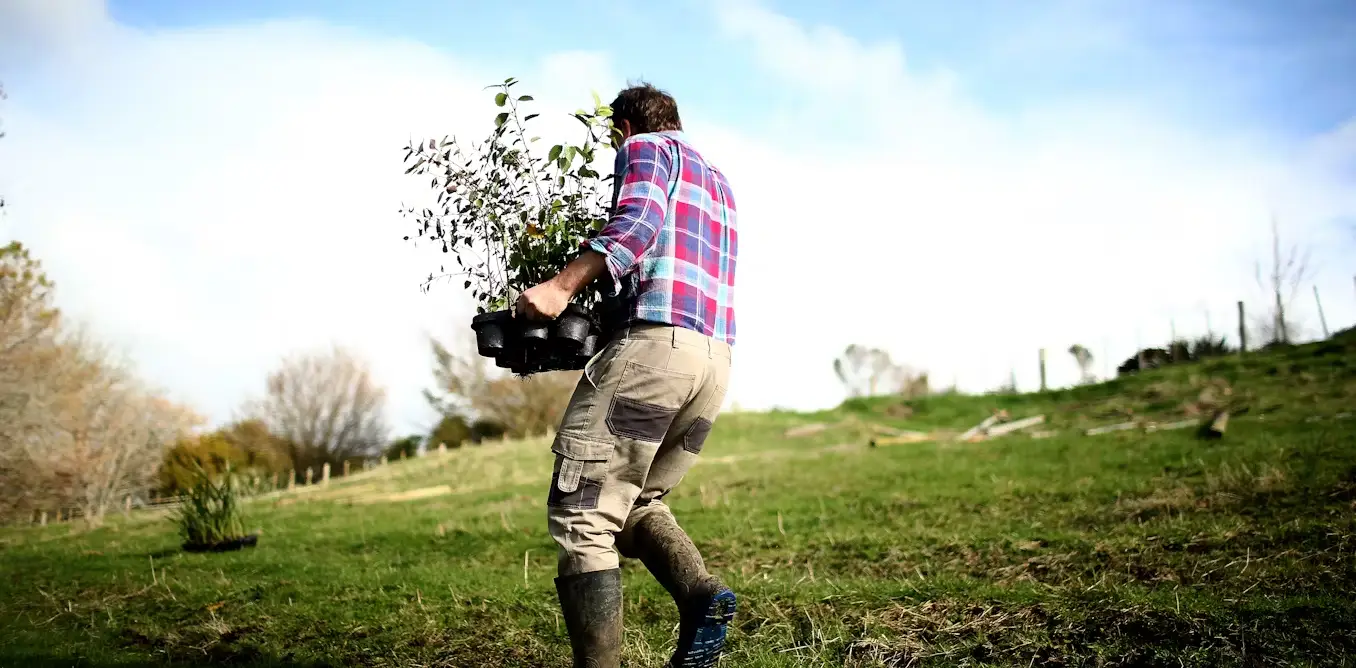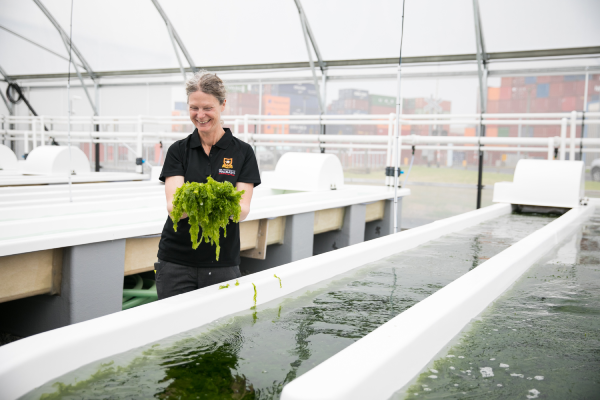Fiona Goodall/Getty Images
Authors
- Pavel Castka,
Professor in Operations Management and Sustainability, University of Canterbury - Corey Ruha,
Project Manager, Te Kotahi Research Institute, University of Waikato - John Reid
Senior Research Fellow, University of Canterbury - Xiaoli Zhao,
Lecturer in Strategic Management, Lincoln University, New Zealand
But these systems face growing challenges. Urban communities demand higher transparency and engagement, and consumers are increasingly sceptical of the effectiveness and compliance of farm operations.
Based on a recent survey, we developed a white paper to address these challenges and to improve farm assurance systems. We explore technological developments, public awareness and the potential to incorporate Māori perspectives.
The survey was designed to gather public perceptions of farm assurance and identify ways to enhance public understanding of farming and its impacts.
It suggests better farm monitoring systems could strengthen agriculture’s social license to operate. It also highlights the importance of transparency, accountability and engagement with interest groups and communities to foster trust and ensure compliance.
Public perceptions of farm monitoring
The survey shows most respondents have positive views of assurance programs in New Zealand. They believe farm monitoring programs are necessary to ensure food safety, animal welfare and sustainable use of water and land.
However, it also highlights the need for better public engagement with these programs as many respondents were not familiar with how they work.
Based on our survey, most New Zealanders believe on-site farm inspections are essential for efficient farm monitoring. But they also acknowledge the constraints of these inspections. A significant number of respondents suggest the use of technology to supplement them.
Respondents recognise the value of independent governance and personal interaction when monitoring farms. The public values the participation of qualified personnel and on-site visits, while having less confidence in monitoring conducted by commercial partners and, in part, modern technologies.
The survey also reveals the public considers auditors and inspectors trustworthy if they have industry experience, high integrity and are approved by independent certifying bodies. Respondents value the independence of individuals involved in farm assurance.
These findings suggest organisations and farmers should prioritise transparency and independence when developing or improving farm assurance programs to build public trust and improve their reputation.
Use of technologies for farm monitoring
Food safety, animal welfare and water quality are the respondents’ main concerns. Many would like to see Māori values and land practices incorporated into monitoring systems.
The public is interested in sharing information about farm performance through mechanisms such as benchmarking and audit grades. Views differ about data sharing, but it is clear that disclosing more details about farm performance will play a major role in developing a positive relationship with the public.
Survey participants were not fully supportive of futuristic concepts such as 24/7 monitoring of farms through satellites or remote sensors. However, they encouraged the use of technology to improve farm assurance programs.

The survey shows support for technology to improve farm monitoring. Shutterstock/Attasit saentep
The survey also shows substantial support for unannounced farms visits. However, we found variation in the level of support for monitoring technologies based on respondents’ level of knowledge about farming. This highlights the importance of education and outreach.
Incorporating a Māori worldview
Māori concepts and approaches increasingly guide national policies and regulations, especially for environmental issues. This involves understanding the environment in a relational way and emphasising the interdependence between humans and the land and water they rely on.
Māori farming collectives are investing in environmental sensing technologies to improve their operations. They use voluntary and compulsory assurance systems to improve governance and market access.
Incorporating Māori worldviews into assurance practices requires investing in trust-building relationships with tangata whenua and recognising local context and authority. The use of Māori values and mātauranga Māori in assurance practices offers innovation but requires careful consideration of local differences.
Where to from here?
Based on our study, we suggest the development and implementation of a comprehensive farm assurance strategy to lift the performance of primary sector supply chains in New Zealand.
This strategy should be inclusive, involving all stakeholders in its development and implementation. We recommend a multi-stakeholder approach to funding, including partnerships between the government, private sector and community organisations. Additional funds could come from user fees or grants.
Future work should focus on integrating assurance and monitoring systems with data platforms. The strategy should define pathways for the assessment and possible inclusion of technologies such as remote sensing, satellite imaging, AI and machine learning. It should explore possible incentives to support the uptake of these technologies and issues related to data security and ownership.
One thing is clear. The New Zealand public is more engaged with the farming sector than it used to be. It is important to use this momentum to build trust with communities.
The authors acknowledge the contribution of Jon Manhire from the Agribusiness Group in the preparation of this article.
Pavel Castka, Professor in Operations Management and Sustainability, University of Canterbury; Corey Ruha, Researcher and Project Manager, University of Waikato; John Reid, Senior Research Fellow, University of Canterbury, and Xiaoli Zhao, Lecturer in Strategic Management, Lincoln University, New Zealand
This article is republished from The Conversation under a Creative Commons license. Read the original article.



